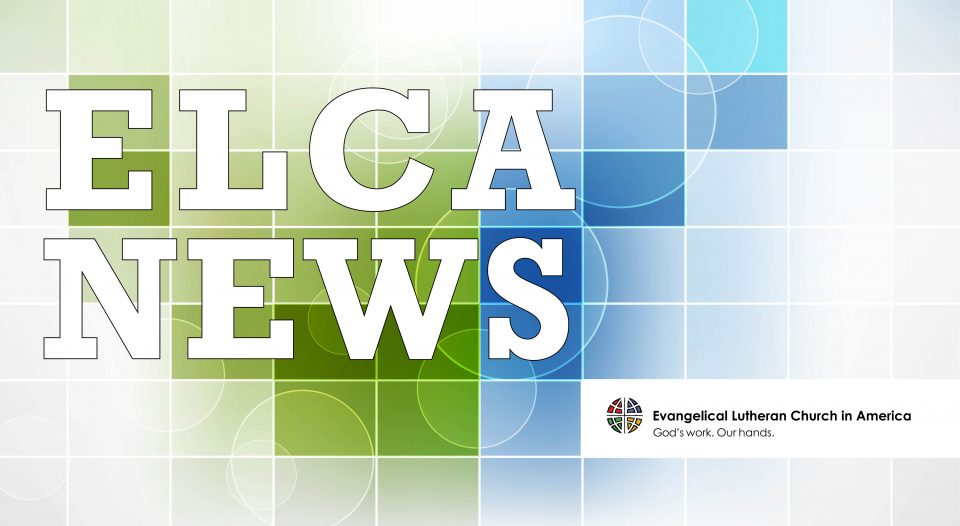On day two of its gathering, the 2019 ELCA Churchwide Assembly took key actions and received reports that set the stage for how the church wants to move into the future.
In addition to re-electing Elizabeth Eaton as presiding bishop Aug. 6, the assembly approved 26 en bloc memorials on topics including gun violence, engagement in the Holy Land and income inequality.
A “Declaration to People of African Descent” was presented to representatives of the African Descent Lutheran Association. The declaration was offered by members of the working group established by the ELCA Church Council to develop a document that expresses a confession of this church’s bondage to the sins of slavery, racism, discrimination, white supremacy and quietism, and begins the work of repentance, which this church confesses to be “the chief topic of Christian teaching.”
In a response to the declaration, Lamont Wells, president of the African Descent Lutheran Association, said, “We must abandon our lust for oppressive power, wealth and even our own comfort for the sake of fulfilling God’s fulfillment to love others. Throughout history, people have been hurt by this very particular sin. Therefore, we the people of African descent of the Evangelical Lutheran Church in America can receive this apology as a divine mark of repentance that serves as a catalyst for change.”
Eaton said the ELCA will name an annual Day of Repentance for congregations, synods and the churchwide organization.
In further business, the assembly received an introduction to the recommended social statement “Faith, Sexism and Justice: A Lutheran Call to Action” and the related implementing resolutions. The proposed social statement covers a range of issues on which the ELCA is called to action, including gender-based violence, workplace discrimination and economic inequality.
The assembly also received an introduction to the proposed “A Declaration of Inter-Religious Commitment: A policy statement of the Evangelical Lutheran Church in America” by Patricia Lull, chair of the Interreligious Task Force. The proposed statement underscores the ELCA’s long-standing commitment to inter-religious relations and provides a framework for common application and theological reflection across the varied contexts of this church.
Read about the other key actions taken and considered by voting members on Aug. 6 here.




